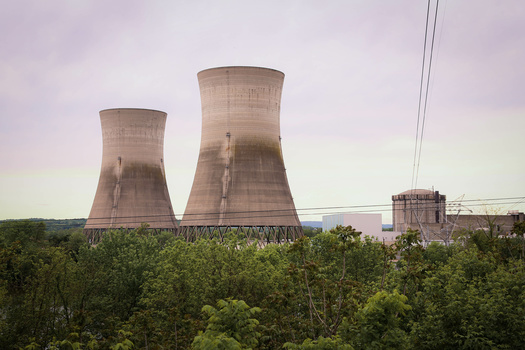More groups are getting on board, including in Pennsylvania, to support the Environmental Protection Agency’s proposal for tougher new carbon pollution standards for coal and gas-fired power plants.
The agency said reducing pollutants like carbon dioxide will deliver up to $85 billion in climate and public health benefits over the next two decades.
Martin Miller, a West Norriton Township commissioner, pointed out in Pennsylvania, the state’s Constitution guarantees clean air and pure water for all its citizens. He explained working as a pharmacist for more than 20 years in lower-income areas of Philadelphia, he has seen firsthand the health effects of pollution.
“And I’ve seen the impact that pollution has simply just through one disease, and that’s asthma,” Miller recounted. “One of the things that we’ve seen over the years is that these particulates that are discharged into the environment really increase the incidence and severity of asthma.”
Miller emphasized since it is a federal program, Pennsylvanians can weigh in by contacting their elected officials in Congress. The EPA is also taking written comments on the proposal until Aug. 8.
Alex Cornell du Houx, co-founder and president of Elected Officials to Protect America, said his organization is motivated to work on this issue, because a tougher standard would slash carbon pollution by 617 million metric tons, roughly the equivalent of half the cars in the U.S. He added it would be significant for the health and safety of Pennsylvanians, and nationally.
“The EPA was very thoughtful about using the existing technologies that are readily available to basically cap and filter pollutants that are coming out of the plants,” du Houx noted. “This is not something that is a future technology. It’s something that can be implemented right now, that is both an economic and a health benefit to the community.”
The industry has said the technology is expensive, and du Houx acknowledged there may be challenges with the rollout, as there are always different perspectives on implementation. But he added many elected officials are excited about the possibility of stronger standards, to protect communities’ health and also to help states like Pennsylvania reach their greenhouse-gas reduction goals in the fight against climate change.


No responses yet